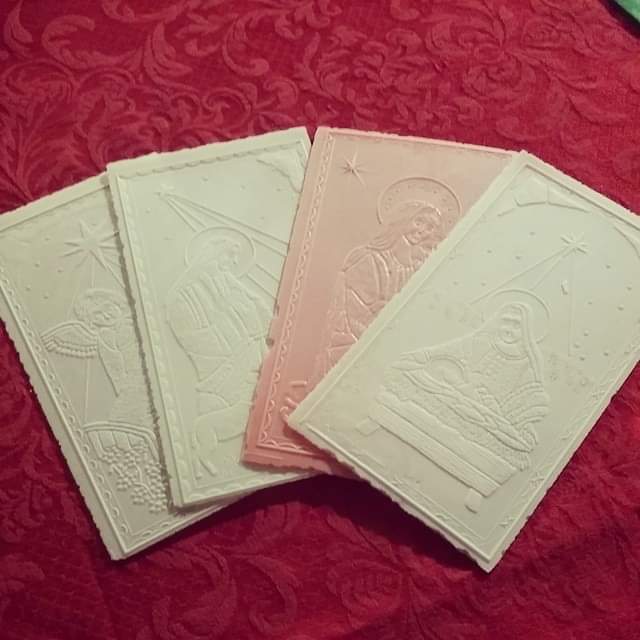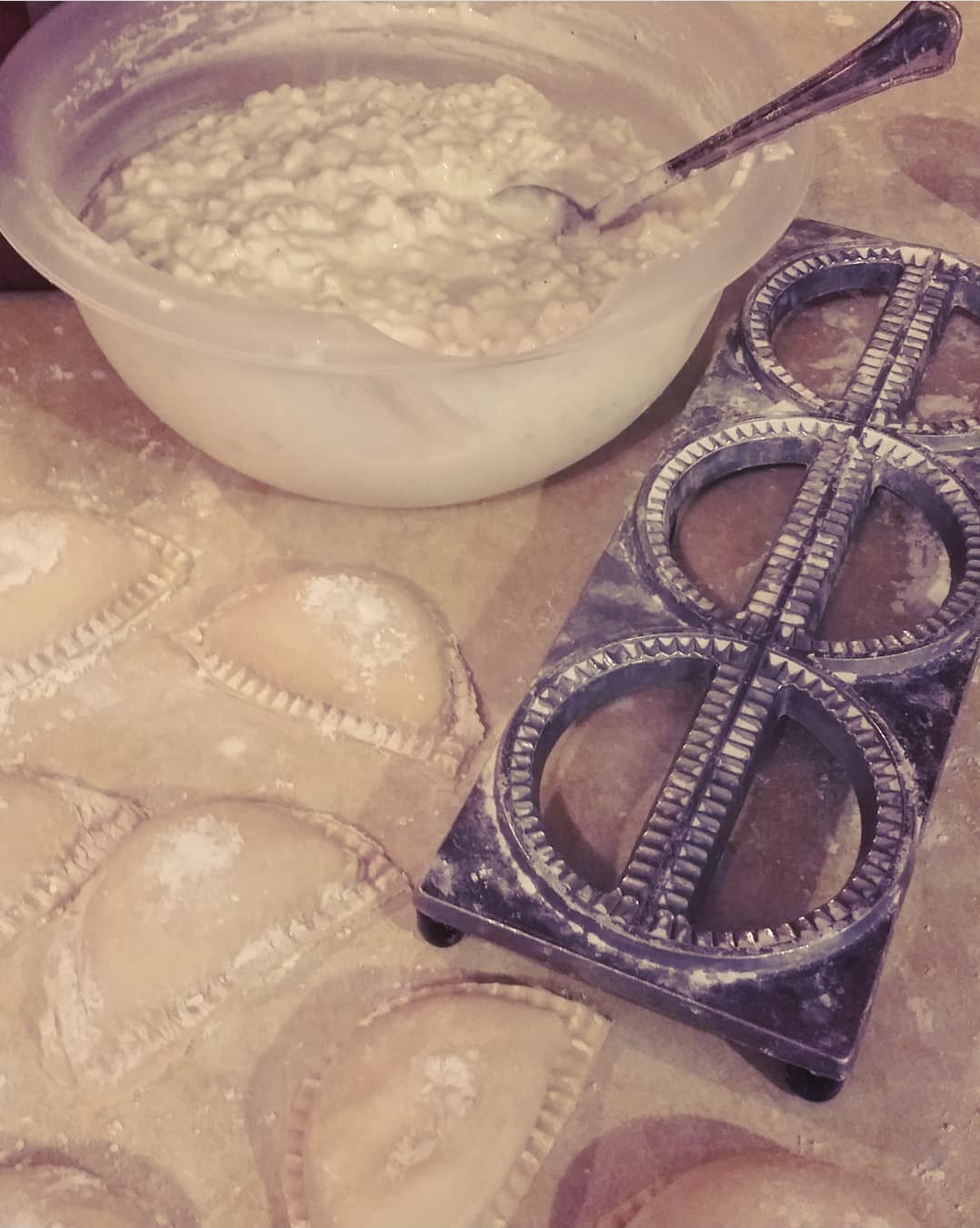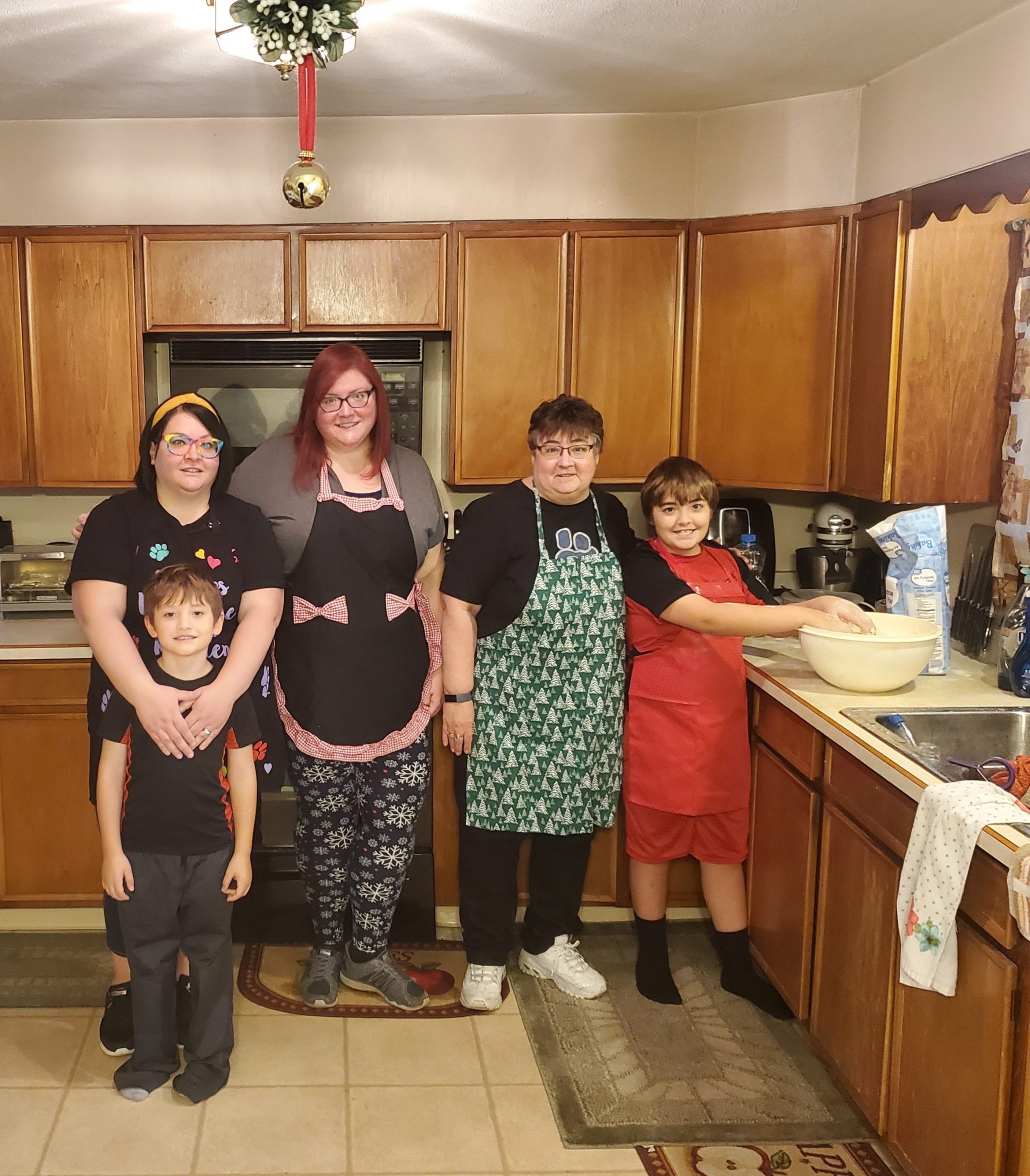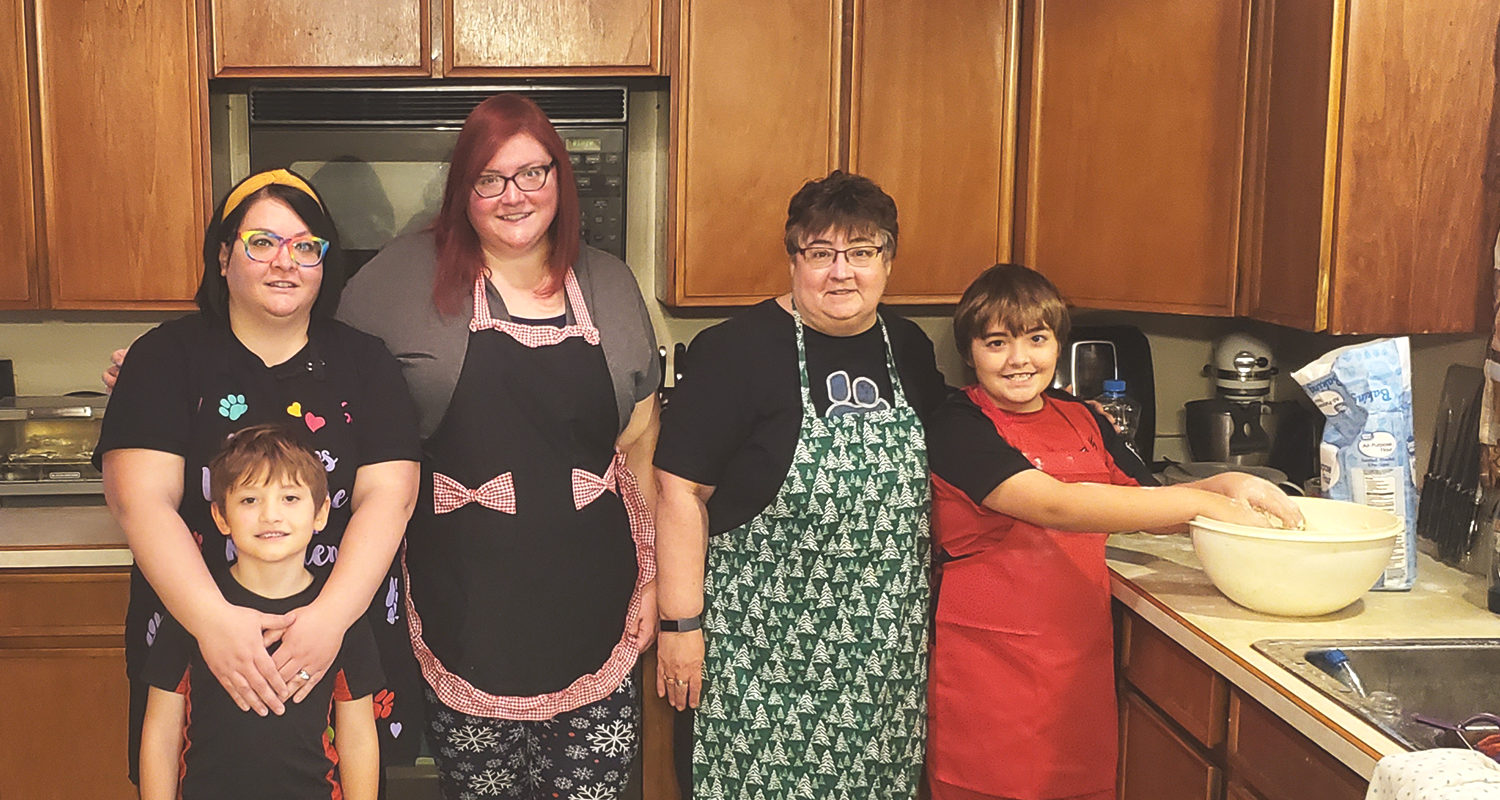By the 1890s, Wheeling had become a booming multicultural hub, as many left Southern and Eastern Europe looking for work in the area’s steel mills, coal mines and other labor industries. South Wheeling, in particular, became home to a tight-knit community of Polish immigrants. Today, some of those families still remain in the area with strong ties to their Polish roots.
Wheeling resident Brandi Rose can trace her Polish lineage back five generations to when her great-great grandparents came to the city from Poland and settled in South Wheeling. From hearing her older relatives speak in Polish to seeing traditional Polish food and décor in their homes, Rose said her family always made it a point to honor its Polish heritage and pass traditions down through the generations.
“I can never remember a time when the Polish culture was not in my life,” Rose said. “We always called my great-grandma Babci, which is a Polish term for ‘grandma’. When my mom became a grandma herself, she decided to be referred to as Babci to her grandkids. It was important for her to keep using that affectionate term in our family.”
While most people are familiar with the Polish Lenten “paczki,” the most important tradition to the Rose family, as well as other Polish families, is Wigilia, which is the celebratory Christmas Eve vigil supper. The meal, consisting of Polish staples, begins when the first star appears in the eastern sky, commemorating the birth of Christ.
Before the meal, everyone at the table breaks an unleavened wafer known as Oplatek. The wafers are usually pink or white in color and are embossed with a nativity pattern. Breaking the Oplatek, which is very similar to the communion bread in the Roman Catholic Church, symbolizes the exchange of good wishes for health, wealth and happiness in the New Year.

At the traditional Wigilia table, an additional place is set for the “wandering stranger.” Stemming from the ancient Polish adage, “A guest in the home is God in the home,” the extra place is laid at the table so that any unexpected guest that arrives during Wigilia can join in the feast.
In the traditional Polish dinner, the meal might consist of dishes like boiled potatoes called kartofle, sledzie, or pickled herring, fried fish, pierogi, beans and sauerkraut. Dessert choices would likely be babka, assorted pastries, nuts and candies.
Rose says the Wigilia traditions carried on by her family today help her feel connected to her great-grandmother.
“One of my favorite things in the world is walking into my mom’s house on Christmas Eve now,” said Rose. “It smells just like Babci’s house always did and brings back such lovely memories.”

While Rose’s Wigilia dinner has become a blend of both Polish and American holiday foods, the star of the meal is the pierogi. Each year, Rose and some of her family members get together in the weeks before the holiday for their annual “Pierogi Making Day.” Together they make two kinds of pierogi – one filled with potato and cheese and the other filled with cottage cheese and onion – and now the tradition includes the family’s youngest generation.
“We have a fantastic recipe that was perfected over the years, and we have a great method for making, freezing, and reheating them so that the pierogis are still fresh and delicious for Christmas Eve dinner,” Rose said. “We are now teaching my nephews, especially my oldest nephew, Chase (now 9 years old) how to make pierogis. Last year Chase helped us to roll out the dough and started learning the system we have for making perfect pierogis.”

For Rose, honoring her Polish culture is a way to bond with her family, both those who are alive and those who have passed away.
“My Polish heritage and the traditions we have are so important to me because they bring our family closer and tie us to family who have since passed on,” said Rose. “I can remember the sights and sounds and faces of long ago. I remember the feelings – love and happiness and extreme excitement for the holiday.”
• Wheeling native Jennifer Materkoski is a graduate of West Liberty University and Kent State University, where she earned a master’s degree in journalism and mass communications. Before beginning her current role as director of communications and employee engagement for a global business process outsourcing firm, Jennifer worked in local media and non-profit communications. She is a current board member of Generation Wheeling, also chairing the organization’s Work Committee. She lives in Wheeling with her husband, Rich, and her three children: Mason, Mercer and Miller.


